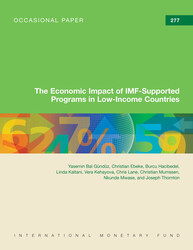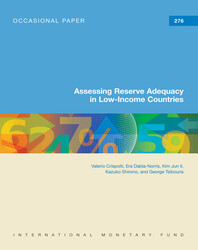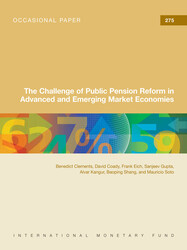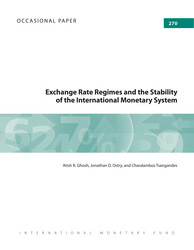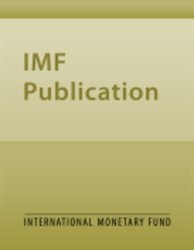
The Early Warning Exercise: Assessing Risks and Vulnerabilities in the Global Economy
One of the G-20's first reactions to the financial crisis that erupted by late 2008 was to task the IMF and the Financial Stability Board (FSB) with establishing a joint Early Warning Exercise (EWE). This Occasional Paper presents an overview of the IMF's contributions to the EWE. Part I sets out the process, analytical framework, outputs, and dissemination of the EWE, as well as the collaboration with the FSB. Part II describes the main analytical tools deployed in the exercise as of September 2010. As new tools are developed (or become available), they are being added to the EWE or substituted for other models. Once the global economy returns to more stable conditions, the EWE is likely to become the more forward-looking exercise it was initially meant to be, focusing primarily on low-probability, high-impact events (e.g., tail risks). Over time, as new sources of systemic risks emerge and new analytical tools become available, the EWE framework will continue to adapt.
Publication date:
ISBN:
Add to Cart by clicking price of the language and format you'd like to purchase
Available Languages and Formats
Topics covered in this book
This title contains information about the following subjects.
Click on a subject if you would like to see other titles with the same subjects.
Banks and Banking , Economics- Macroeconomics , Public Finance , Early Warning Exercise , systemic risks
Summary
Copyright © 2010 - 2024
Powered by:
AIDC
